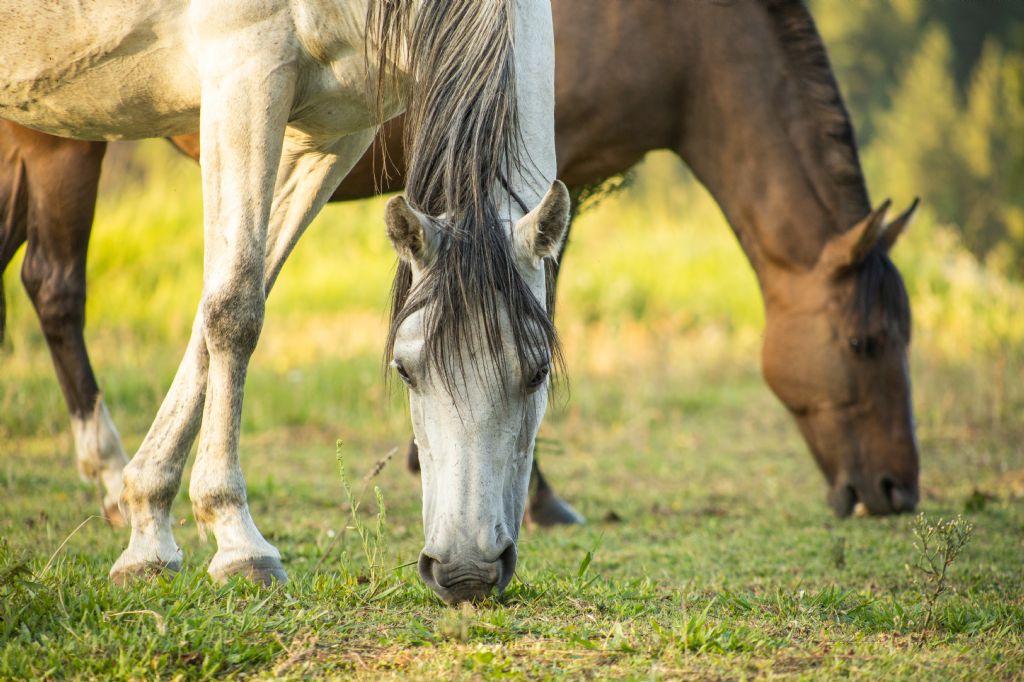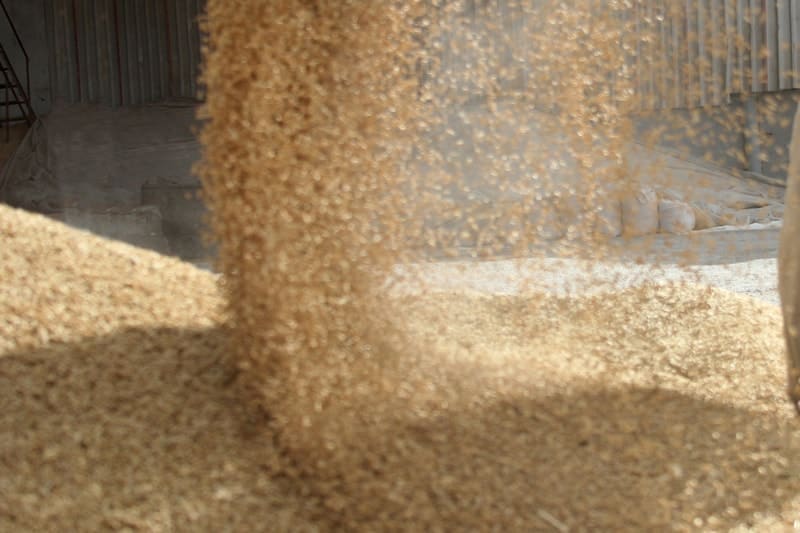Bluegrass News
Soyabeans and soyabean byproducts are commonly used as ingredients in horse feeds. Whole soyabeans are legume seeds primarily used as a source of protein and fat in horse feeds. Soya oil is a palatable and readily available source of fat in horse feeds. Soyabean meal is a major protein source used in horse feeds. Palatable to most horses, soyabean meal contains a high concentration of protein (typically 43-53% as fed) and provides a high-quality source of essential amino acids, including lysine. Soy hulls are a valuable source of highly fermentable fibres, they are low in non-structural carbohydrates (NSC) and are digested within the hindgut.
Is soya allergy or sensitivity common?
Horse owners are sometimes concerned that their horses are allergic or have a sensitivity to dietary soya. While soya is a common allergen in humans and dogs, soya ingredients typically do not cause allergic responses in horses. Food allergies, which are uncommon in horses overall, are triggered by an immune response to a dietary protein. The typical symptoms of allergies include hives and itching in horses. Food sensitivity or intolerance is triggered by improper digestion, and symptoms are usually related to the gastrointestinal tract (such as excess gas, diarrhoea, or colic).
To diagnose food allergies (or potential food sensitivities) most accurately in horses, an elimination diet is recommended. To perform an elimination diet, all suspected feeds and supplements must be removed from the ration, and if symptoms resolve within 4-8 weeks, then a food allergy or sensitivity may be present. To determine which ingredient is the allergen, grains and supplements should be slowly added back one at a time (over 3-6 weeks) until clinical signs reappear. If clinical signs do not reappear, then the original condition was not due to dietary ingredients.
Does soya increase inflammation when fed to horses?
Much attention has been devoted to the fatty acid composition of various fat sources commonly fed to horses. One of the primary concerns is related to the effects of the essential fatty acids linoleic acid (LA), an omega-6 fatty acid, and alpha-linolenic acid (ALA), an omega-3 fatty acid. Both omega-6 and omega-3 fatty acids have roles in the body’s immune response in mediating inflammation. In general, omega-6 fatty acids are portrayed as “inflammatory,” while omega-3 fatty acids are considered “anti-inflammatory,” but the physiologic reality is not so simple.
To maintain the balance of omega-6 and omega-3 fatty acids, much attention has been devoted to minimizing dietary omega-6s and supplementing omega-3s. Soya oil has been suggested as a feed ingredient that may contribute to inflammation, as it contains more omega-6s than omega-3s. However, horse owners must keep in mind that omega-6 fatty acids are also essential for optimal function of the immune system. Further, the total dietary amounts of polyunsaturated fatty acids (PUFAs), including omega-3s and omega-6s is important, not just a ratio. The amount of soya oil typically found in feeds when compared to the total PUFA intake is usually appropriate to maintain an appropriate balance of fatty acids in horses. Soya oil is considered a moderate source of omega-3 fatty acids.
Soya components add beneficial nutrients to the diet and can help to balance protein, fat, and mineral requirements. Additionally, the available research in equines shows that soya is safe and, in many cases, beneficial to feed.
If you are concerned about the soya content of your horse’s diet, please contact a member of our team at Bluegrass Horse Feeds.












